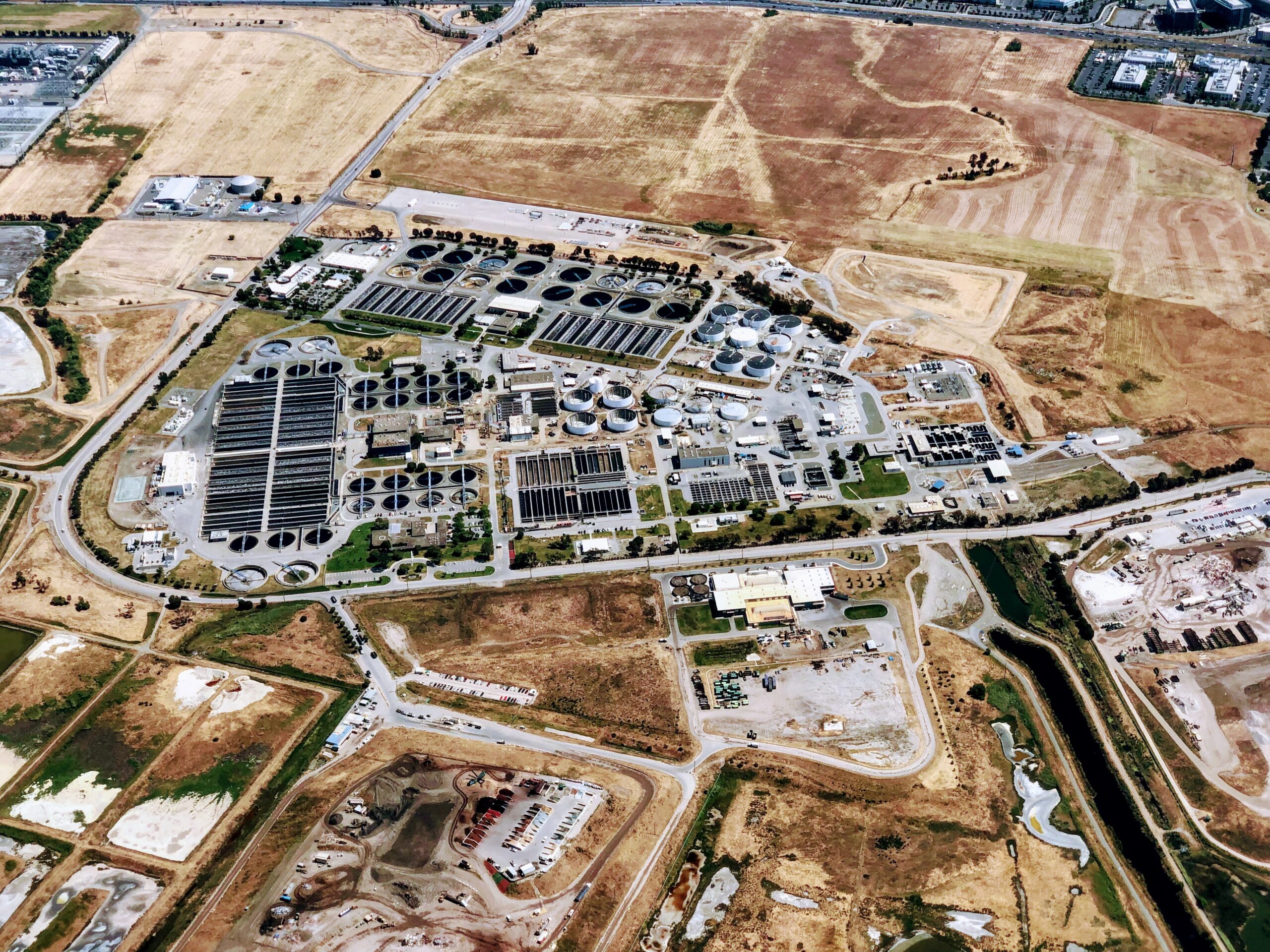
Welcome to the June edition of Projects & Construction Monthly.
This edition addresses:
- Recent updates on Major Projects;
- Case Summary – Earthtec Pty Ltd v Livingstone Shire Council [2023] QSC 22;
- LPC Lawyers’ ‘The Infrastructure Boom Continues – Insights into the 2023-2024 Federal Budget’;
- LPC Lawyers’ ‘Bank Guarantees as Security’ series; and
- Opportunities to join the LPC Lawyers’ team.
Recent Updates on Major Projects
Foleyvale Crossing Upgrade
As part of the Rookwood Weir Project, Civil Mining and Construction Pty Ltd (CMC) is set to deliver a $17 million reinstate to a crossing at Foleyvale, located 65km upstream from Rookwood Weir. The single-lane crossing will be replaced by an elevated dual-lane bridge to improve both flood resilience and traffic flow.
Work is expected to commence in June 2023, with completion due early 2024.
Beachmere Road Upgrade
Design is now complete on the $15.275 million safety improvements project at Beachmere Road. This upgrade, delivered by RoadTek, involves:
- Widening of sections from Jocelyn Street to west of King Johns Creek to nine meters;
- Widening of shoulders and centre line safety upgrades to separate oncoming vehicles;
- Dedicated right-turn lanes for eastbound motorists accessing Monty’s Marina and Riversleigh Road intersection; and
- Resurfacing between Jocelyn Street and Egan Avenue.
Construction is expected to commence mid-2023.
Brisbane Airport Aeromedical Base

The Federal Government has granted approval for the construction of a new aeromedical base at Brisbane Airport. This $72 million project will involve the construction of a 14,470m2 facility, located between Brisbane Airport’s two runways.
Construction is set to be completed in 2024.
Case Summary: Earthtec Pty Ltd v Livingstone Shire Council [2023] QSC 22
The importance of a clear and precise pleading which contains material information is reinforced by this case and it provides illustrative examples of what should be avoided. If a submission fails to fulfill the essential function of a pleading it will be struck out, resulting in increased costs, time delays and likely requiring the party to replead their case.
This case concerned the Supreme Court application by the Livingstone Shire Council (Council) to strike out a statement of claim in the proceeding commenced by Earthtec Pty Ltd (Plaintiff). The Strike Out Application was commenced under rule 171 of the Uniform Civil Procedure Rules 1999 (Qld) (UCPR). The Council also brought an application seeking security for costs under rule 670 of the UCPR.
The Court considered whether:
- The statement of claim complied with rule 149(1) of the UCPR and whether, on the basis of non-compliance and immateriality, particular paragraphs ought to be struck out;
- Specific paragraphs in the statement of claim ought to be struck out because they formed part of the without prejudice communications; and
- There is reason to believe the Plaintiff will not meet an adverse costs order which warrants an order for security for costs.
The Court relevantly held that:
- The statement of claim does not fulfill the function of a pleading and pursuant to rule 171 of the UCPR, the statement of claim is to be struck out.
- The proceeding can continue however the Plaintiff will have to re-plead.
- Pursuant to rule 670(1) of the UCPR, the Plaintiff give security for costs in the sum of $550,000.
Facts
The Plaintiff was a contractor providing civil construction services for Council for the construction of a part of the Scenic Highway (the project). The project comprised of a down-slope component related to the construction of a new road and an up-slope component related to stabilising the rock-face above the road. The parties executed a deed comprising the written contract for the down-slope work in February 2017. From November 2016 to May 2017, the parties engaged in negotiations for the up-slope component.
The superintendent of the project notified the parties in February 2017 that clay had been discovered where the down-slope contract provided for rock to be encountered. The parties engaged in negotiations and entered into a transition deed for the completion of the down-slope work. This transition deed included a clause which required a new contract to be executed, consolidating the up-slope and down-slope works into one contract. This contract was not executed by the Council.
The Plaintiff claimed:
- The Council breached the Transition Deed by not preparing the Consolidated Contract;
- A declaration in respect of an amount of $1.9 million under the down-slope contract, the Transition Deed or the Consolidated Contract; and
- $4.7 million for loss suffered or money owed to them.
Held
Strike Out Application
The Court was satisfied that a number of the paragraphs in the statement of claim ought to be struck out on the following basis:
- A number of the paragraphs included immaterial facts, were unclear and did not have an obvious connection to the Plaintiff’s claim;
- There was no clear link between the Plaintiff’s contractual claim and the paragraphs relating to pre-contractual negotiations;
- Paragraphs sought for the Court to draw an inference, but failed to identify the facts and circumstances which would entitle the Court to make the inference;
- Particular paragraphs related to documents prepared by a third-party engineering service in circumstances. There was no clear reliance on these documents in support of the Plaintiff’s claim as the engineering service was not a party to the proceeding;
- The serious allegations that the superintendent “did not act honestly and fairly” was not pleaded with “a high degree of precision and particularity” which the Court required;
- Parts of the statement of claim which make alternative allegations were considered pointless; and
- It was not clear in particular paragraphs which terms of the Contract were breached which required speculation to determine the real case being pursued by the Plaintiff.
Security for Costs
After considering rule 672 of the UCPR and recognising the defensive nature of the Council’s counter-claim, the Court was satisfied that security for costs ought to be given. In their determination, the Court ordered that quantum amount to costs incurred and the likely future costs. Despite the Applicant’s request for costs in the amount of $800,000, the Court applied the “broad-brush” approach and determined that costs be in the amount of $550,000.
Key Takeaways
This case serves as a reminder that:
- Pleadings are to be limited to material facts and should avoid narrative style;
- The “no surprise” exception is not a blanket justification for the pleading of immaterial facts;
- Representations are only to be included when they are relevant and can substantiate the pleaded cause of action;
- The case must be stated with sufficient clarity to avoid speculation; and
- The relevance of documents or their potential use in an expert’s brief does not automatically make them material facts.
Read the full case here.
LPC Lawyers’ Article ‘The Infrastructure Boom Continues – Insights into the 2023-2024 Federal Budget’
Treasurer Jim Chalmers delivered Australia’s federal Budget on 9 May 2023. This article takes a look at what it means for Australian infrastructure projects.
Read more here.
LPC Lawyers’ Article Series ‘Bank Guarantees as Security’ Series

Part 1 – An Overview
The first article explores the general concept of security under a construction contract, including its importance, the different types of security and how much must be given. Read more here.
Part 2 – Calling on the Guarantee
Article 2 explores a principal’s entitlement to call on a bank guarantee and contractual considerations for a contractor to limit the principal’s entitlement. Read more here.
Part 3 – When Will Courts Step In?
The final article of the series explores the equitable remedy of interlocutory injunctions. As a contractor’s remedy to prevent a principal from calling on a bank guarantee, this article discusses when the Court will (and will not) step in and grant an interlocutory injunction. Read more here.
Stay tuned for the next series which will be posted on 5 June 2023.
LPC Lawyers’ Continued Expansion
LPC Lawyers is looking to hire as we head into the second half of 2023, with opportunities for growth in our expanding practice.
Litigation Lawyers (1-3 years PAE)
Working closely with an ex-top tier partner, this role is ideal for a candidate who is highly motivated and has experience in drafting correspondence, simple pleadings, briefs for Counsel, and some client advisory work.
For more information about our current career opportunities visit our website here or to apply, please email your resume and cover letter to our Manager of Business Services at [email protected].
